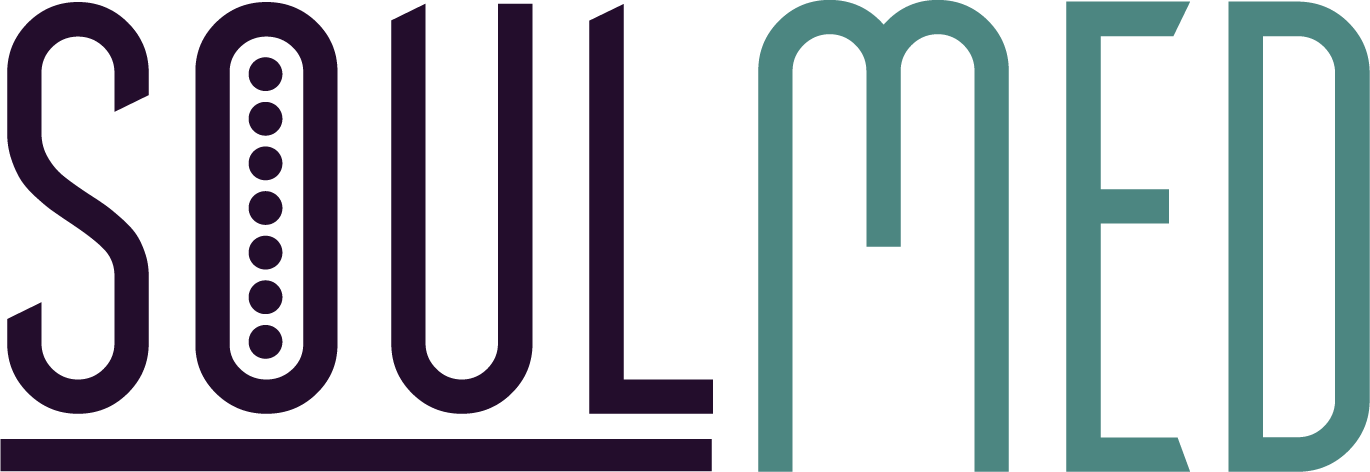The National Alliance on Mental Health reports that maintaining balance in our daily lives is a cornerstone of our overall well-being. Balance prevents stress, which has a huge and negative impact on our mental health. De-stressing your life can reduce the possibility of contracting some of the major chronic health issues. It’s important to note that balance is different for each person; so, there isn’t a formula for achieving it. To that end, you should have an arsenal of strategies to use that help you create the balance you seek in your life. Below, are some suggested strategies for creating balance in your life.
Create a routine :: Perceived lack of time is a large contributor to stress. Creating a routine that is aligned with your goals can decrease stressful time-related situations. The following information and worksheets will help you create goals and offer you powerful tools to help you manage your time effectively and efficiently.
80/20 Rule for Time Management
Determine your passion :: What do you like doing? If you could have any job in the world, what would you do? How does your passion improve the health and happiness of others?
Find your 20 percent :: Make a list of all the activities in your daily life. Categorize each one either as a 20 percent task or an 80 percent task. Certain activities may shift in importance over time, but the 80/20 rule is only effective if you are honest about the priority of a task at the present moment.
Twenty percent tasks are high-leverage tasks that are most valuable, produce the greatest momentum toward your goal and provide the greatest return on investment; only you can complete these tasks.
Eighty percent tasks have a false sense of urgency or aren’t pushing you closer to your goal; these tasks can be delegated to others.
Example :: If your dream is to run your own juice bar, your daily activity list might include ::
20 percent tasks :: experiment with recipes, secure investors (things only you can do)
80 percent tasks :: buy groceries, do laundry, design website, post on social media (things others can do)
Focus :: Now that you are clear on your 20 percent of tasks pushing you toward your goals, take action on these tasks each day. For example, you might experience with one new juice recipe each day and plan to spend 30 minutes a day calling one potential investor instead of scrolling social media.
By focusing your energy on the things that can yield the most results, you will begin to experience momentum toward your goals.
Creating boundaries :: It is important to honor yourself at all times. One way to do this is by creating boundaries. You can use this Instagram post as a starting point for developing the words to support the boundaries you would like to create. Be sure to follow Nedra Glover on Instagram. She will make a great addition to your newly curated IG feed.
Counting to 10 or 100
Live in the present moment :: Many times our worries are related to what MAY happen. Live in the present moment and don’t worry about what MAY happen. Plan and prepare for it, but don’t worry about it.
Reciting affirmations :: Words have power. When you speak positive words and affirm yourself you will experience happy times. Positive affirmations can change your mood - immediately. They can also help you manifest the life you want. Create a list of positive affirmations and use them to help you navigate stressful moments. For example, if you are stressed about your finances you can say ::
I have all the resources to meet my needs.
I lack nothing.
I am resourceful and powerful. I will attract what I need to sustain and survive.
I’m a paper chaser. I got the block on fire. I will remain a G until the moment I expire. I know how to make something out of nothing. I handle my business. (Inspired by Ha by Juvenile) ***
I will win. It’s my winning season. (Inspired by You Will Win by Jakaylan Carr) ***
I’m a master lemonade maker. No matter what life hands me I made the best lemonade ever! Grab a glass! (Inspired by Lemonade by Beyoncè) ***
I won’t let Satan win aka Not today Satan. (Inspired by black mommas everywhere) ***








